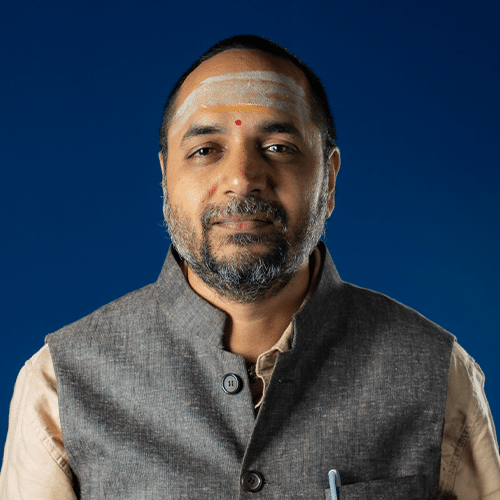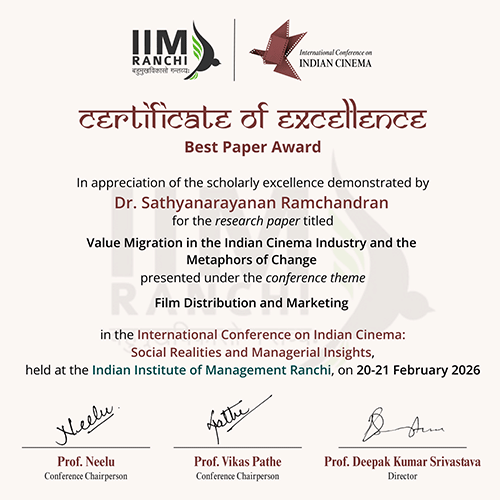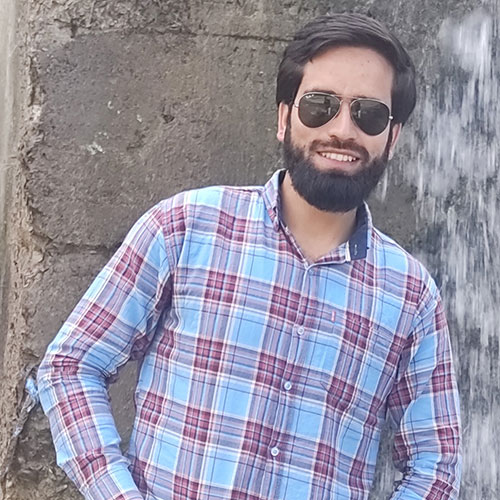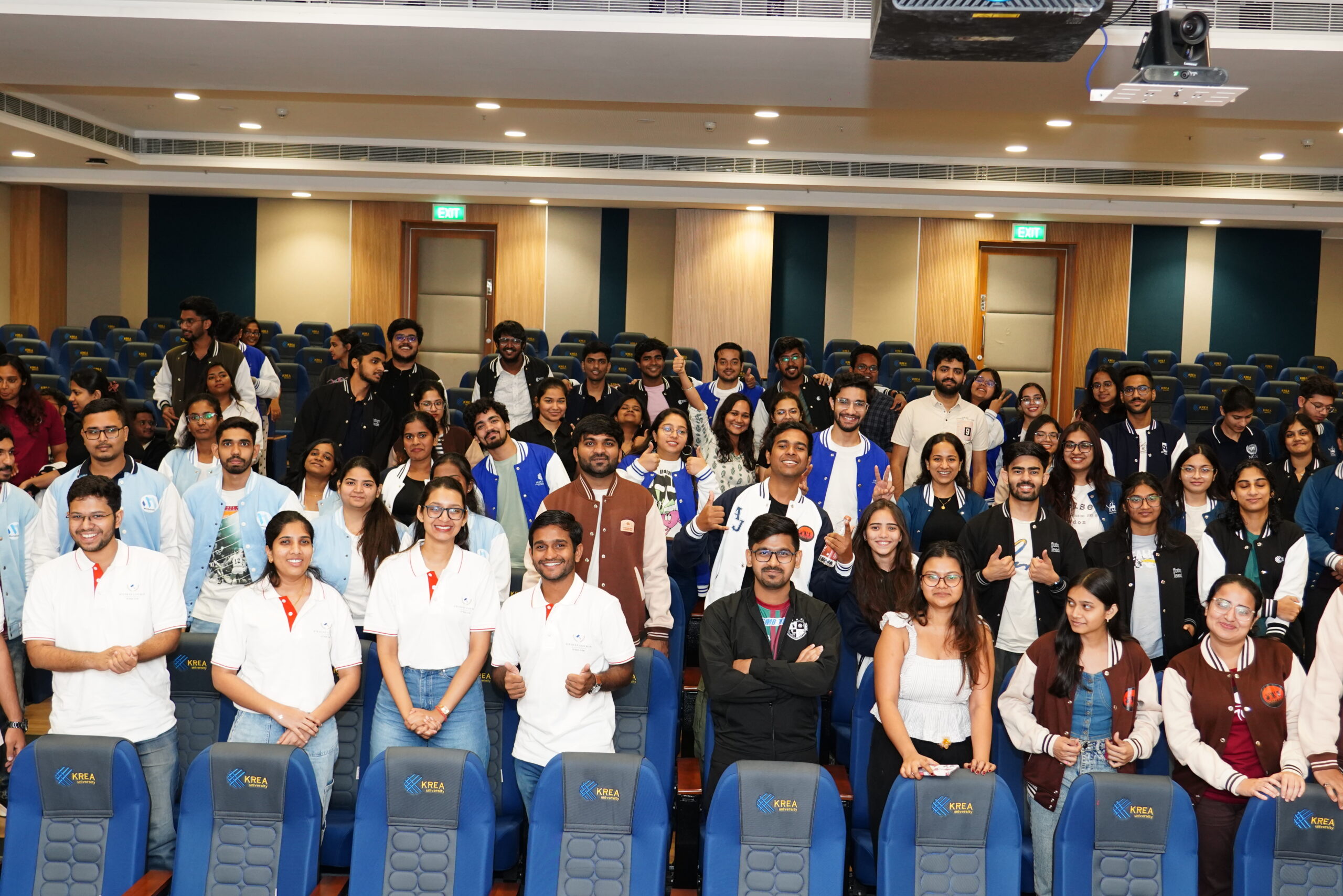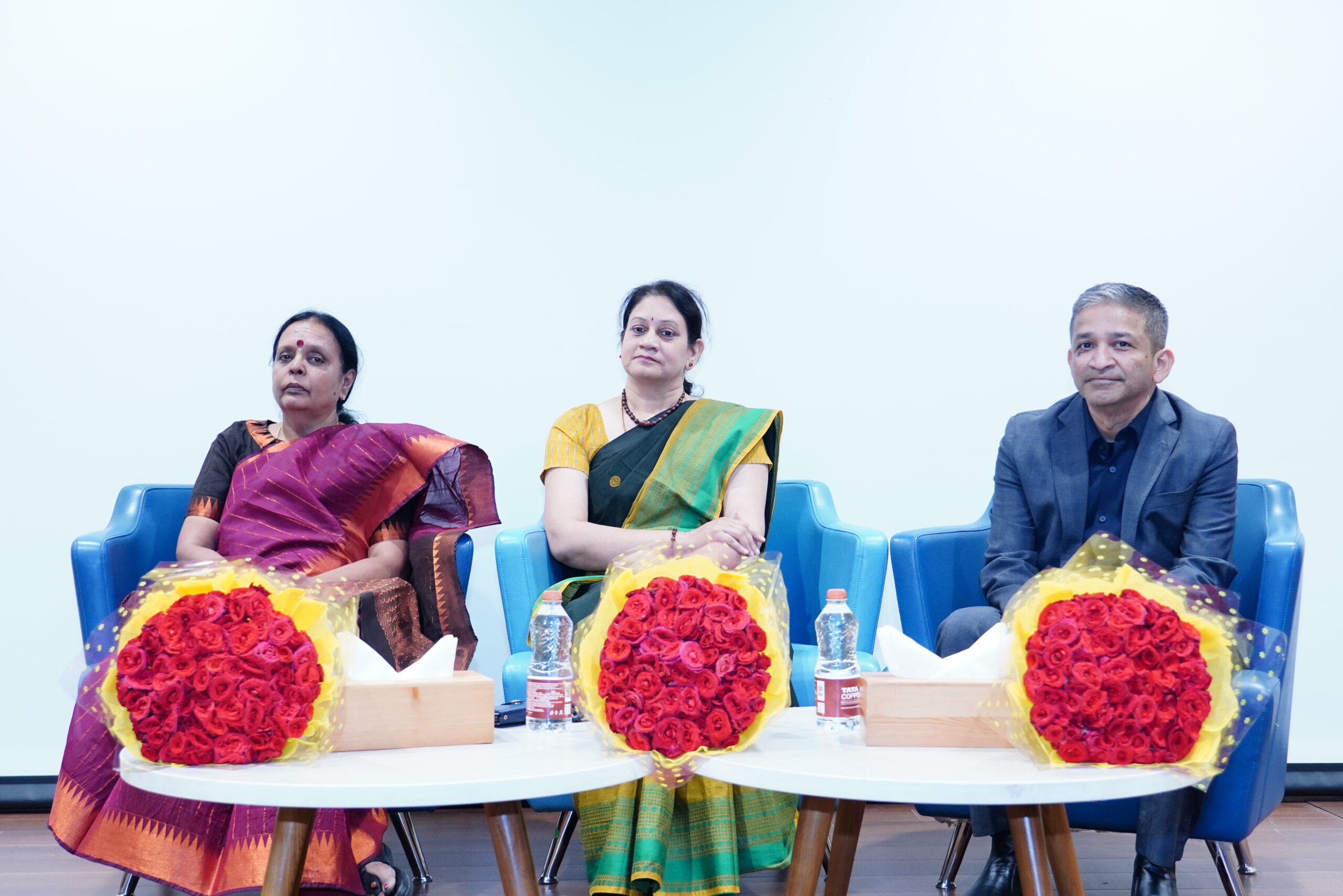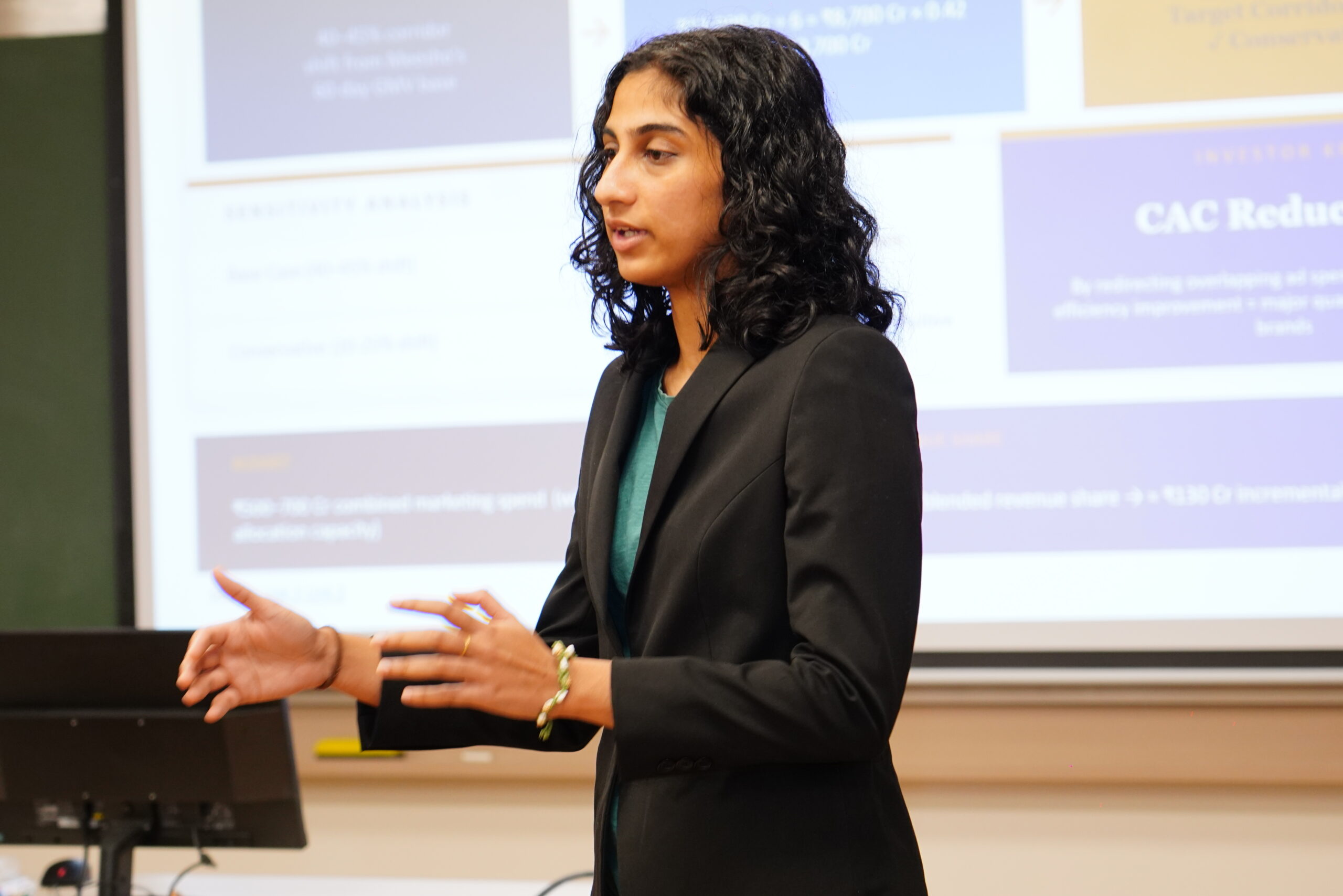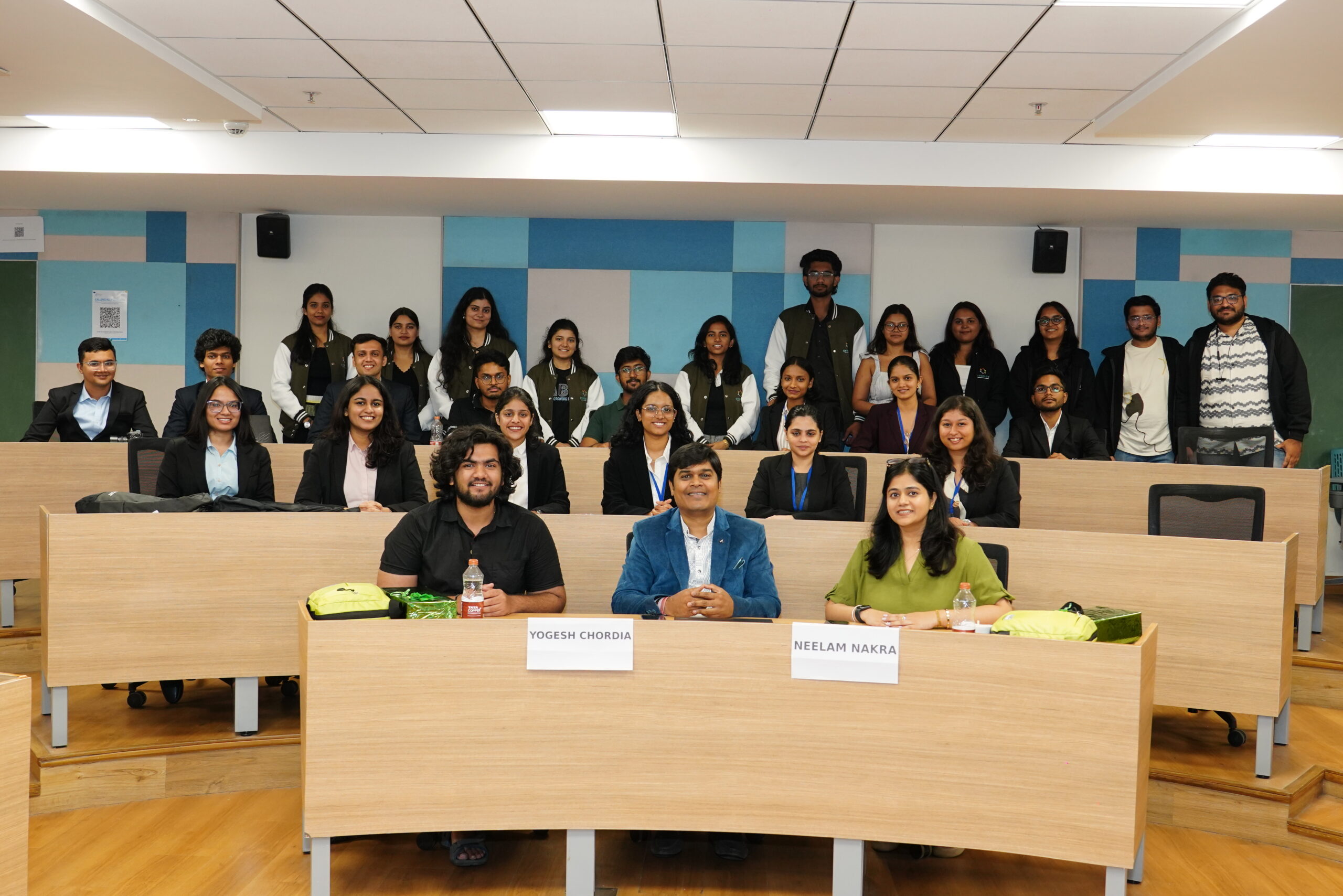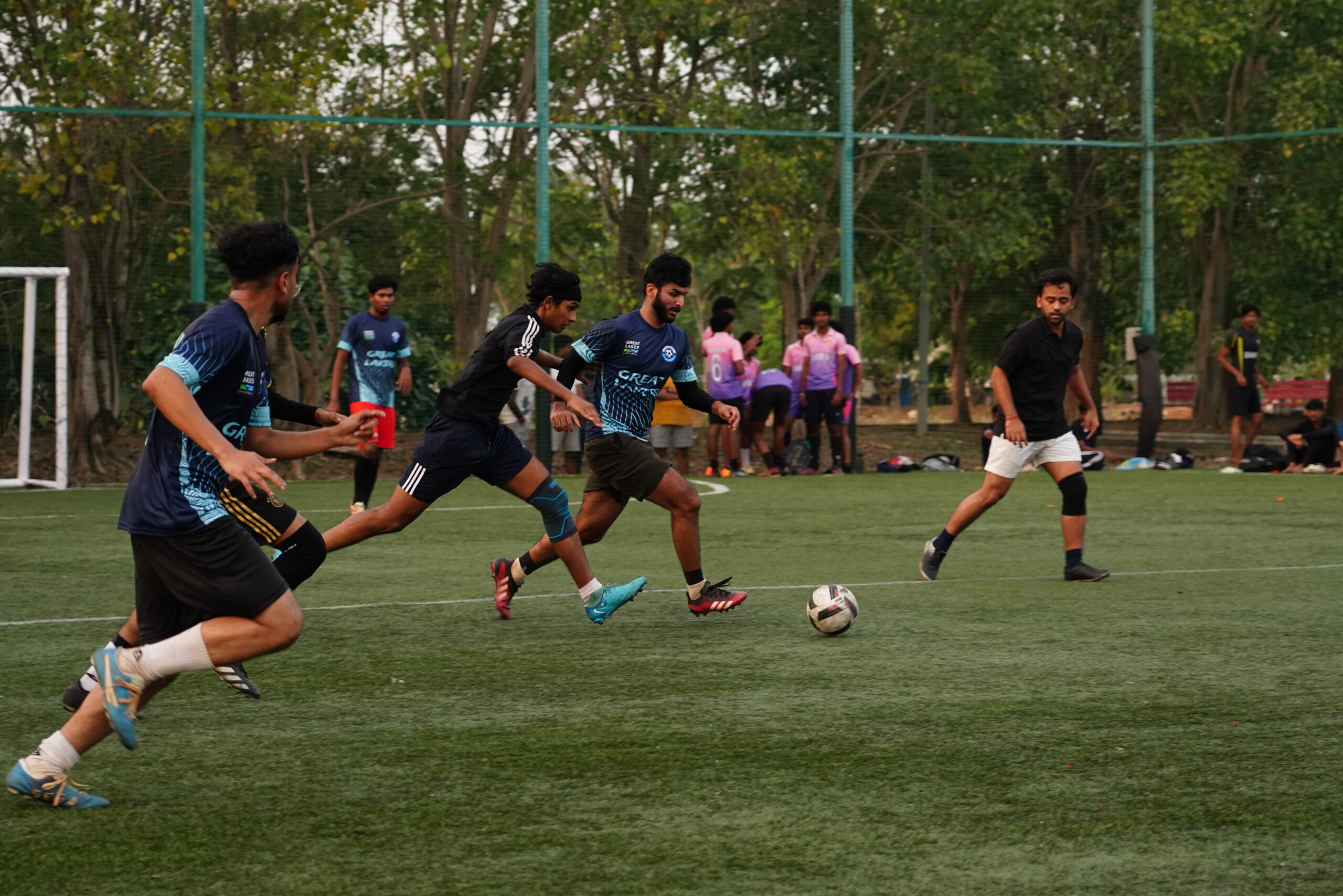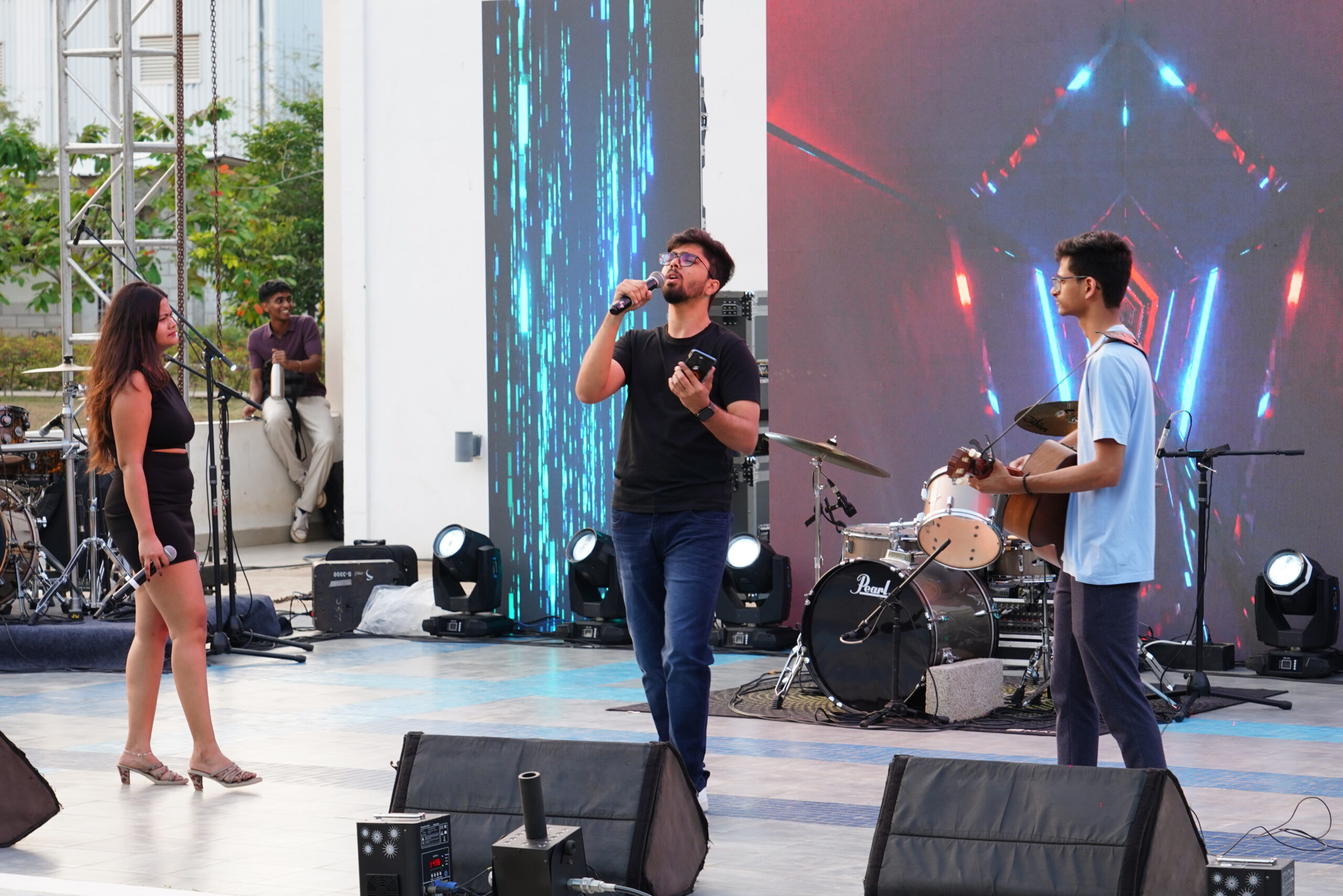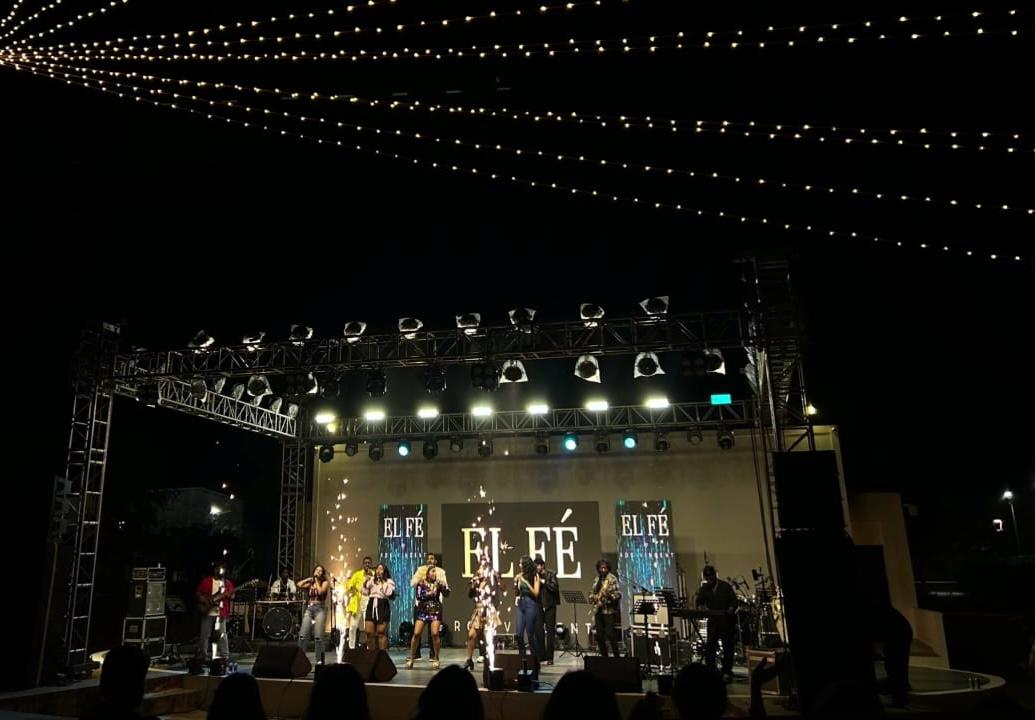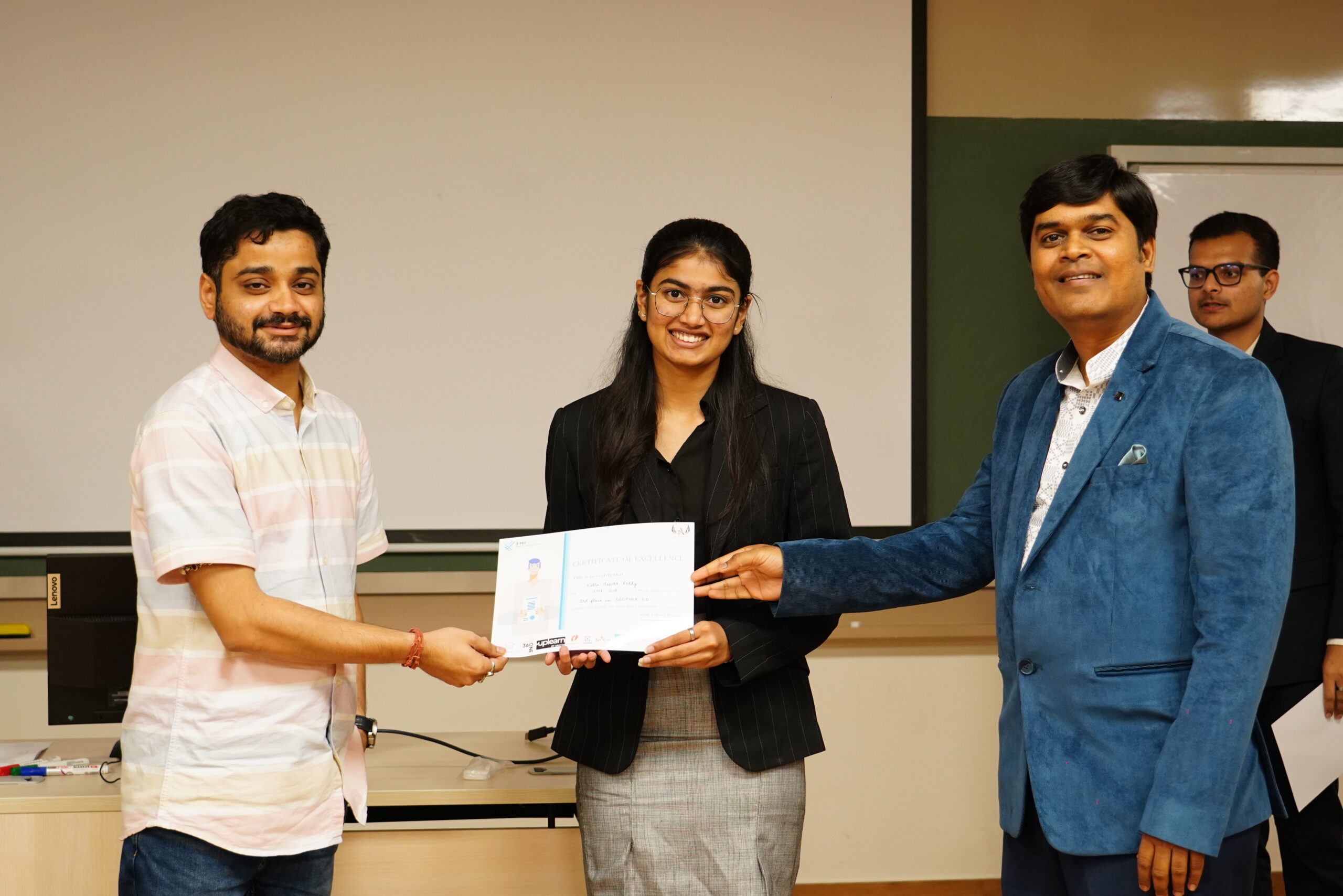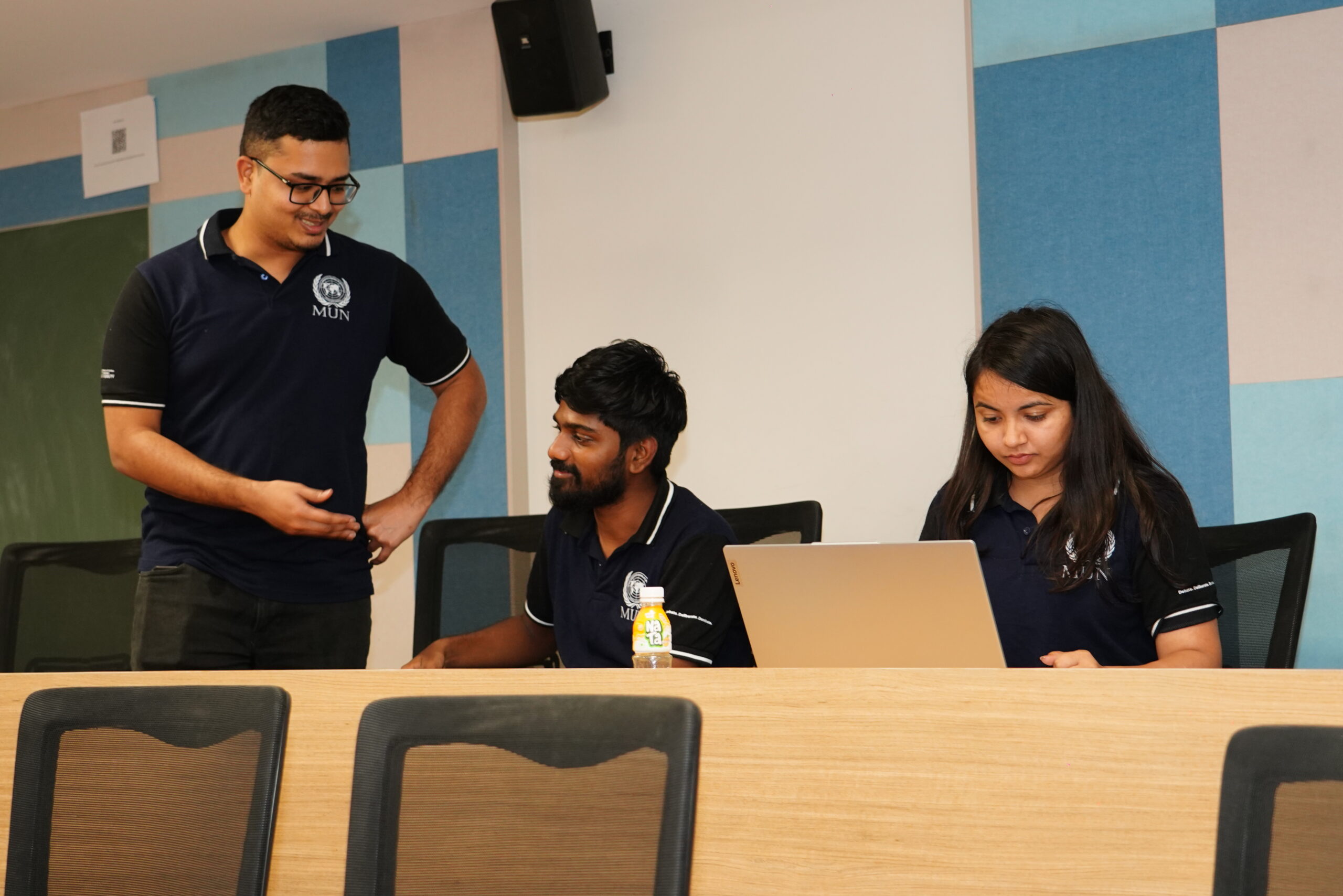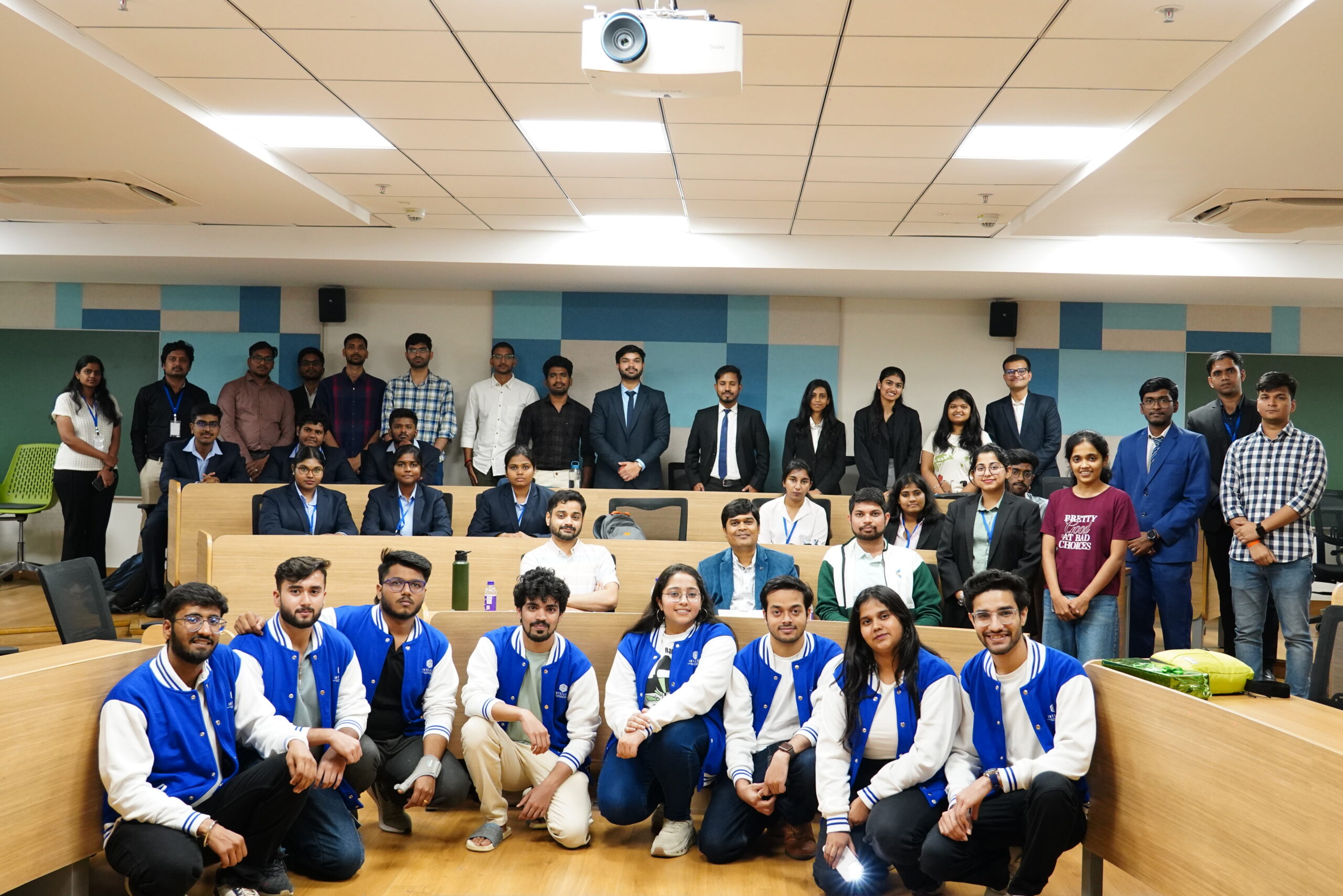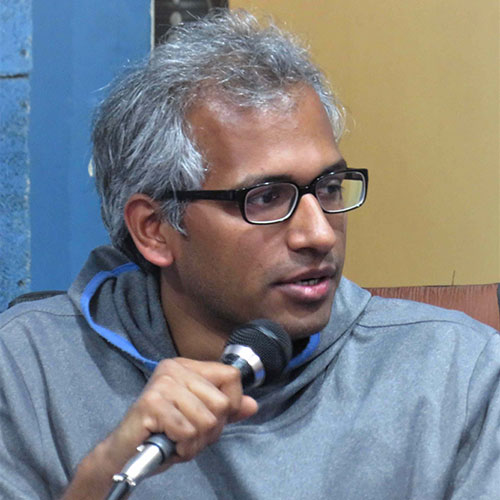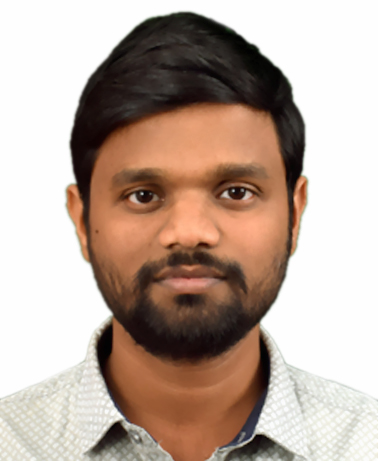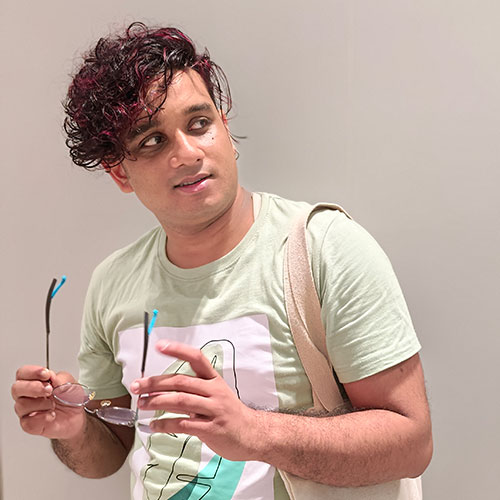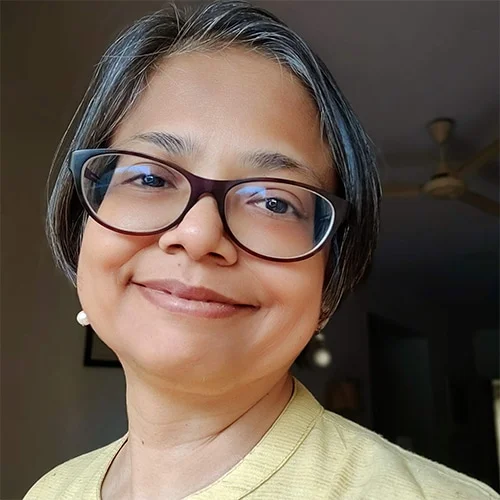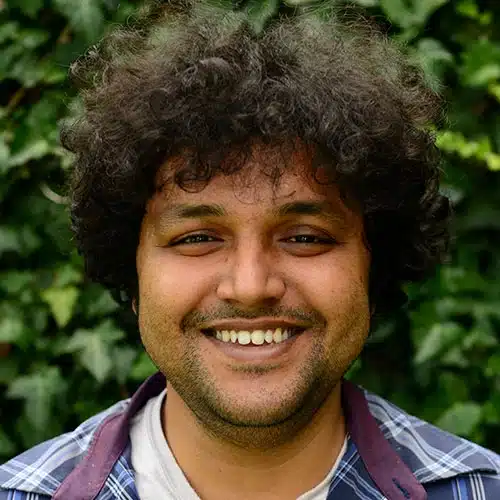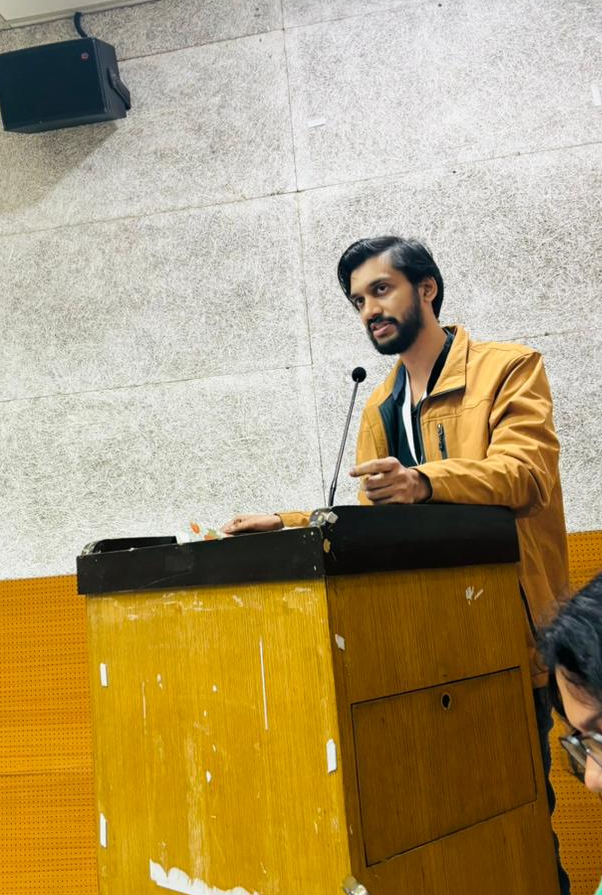Sathyanarayanan Ramachandran,Sundram Fasteners Associate Professor, Marketing, IFMR GSB received the Best Paper Award for his research paper, ‘Value Migration in the Indian Cinema Industry and the Metaphors of Change’ (co-authored with Dr Venkatesakumar Ramakrishnan and Dr S A Senthil Kumar, Pondicherry University), at the Indian Institute of Management Ranchi (IIM Ranchi) International Conference on Indian Cinema: Social Realities & Managerial Insights, held on 20–21 February 2026.
The paper offers a rigorous analysis of the structural transformations reshaping the Indian cinema ecosystem in the post-COVID era. It delineates the strategic imperatives confronting the theatrical exhibition sector, particularly multiplex chains, amid the accelerated rise of OTT platforms, the rapid penetration of affordable digital devices, and declining data costs. The study further conceptualizes industry evolution and strategic responses through rich metaphors of change and systematically maps value migration patterns, examining shifts in consumption genres and the evolving vehicles through which cinematic content is experienced.
